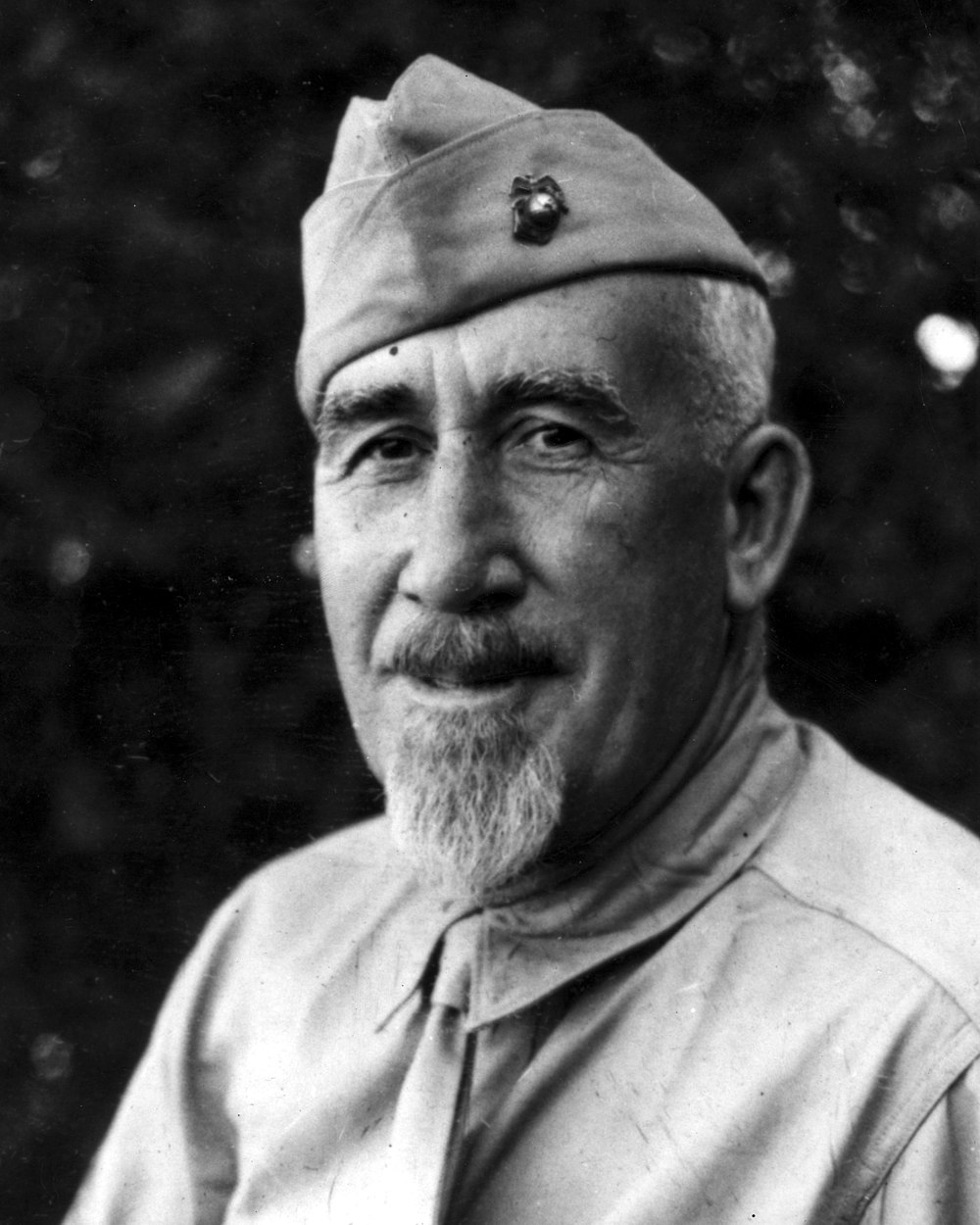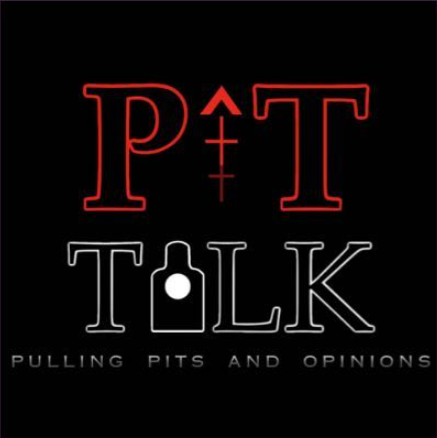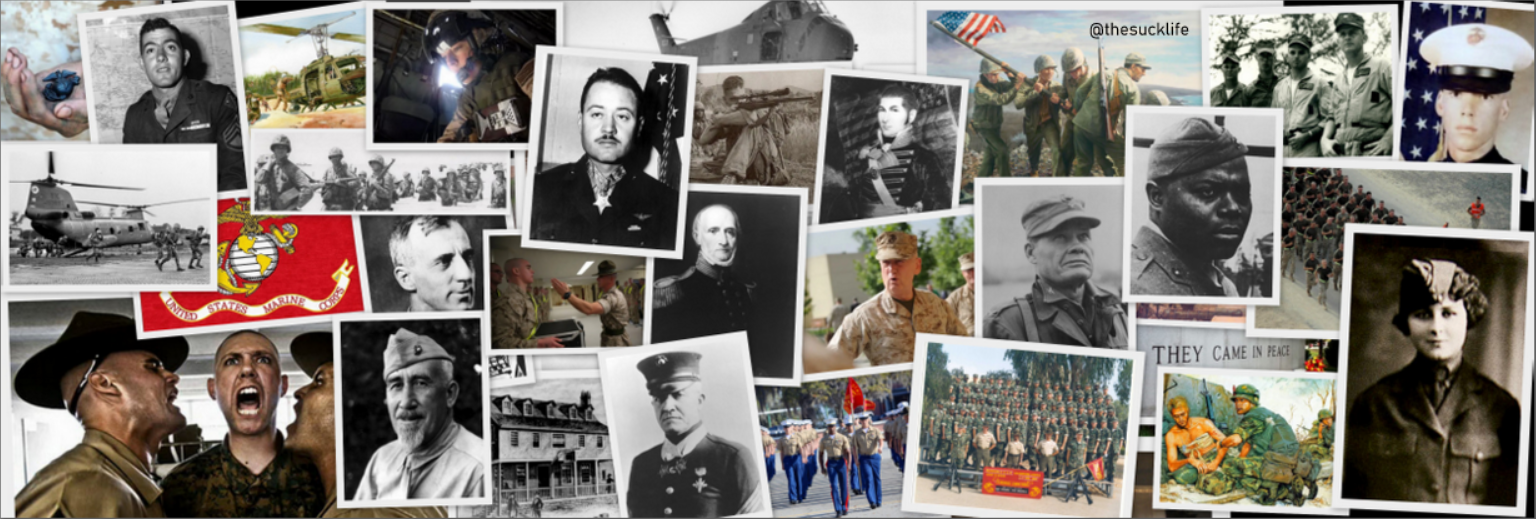In the high-stakes world of military combat, the ability to engage the enemy effectively, even at the closest quarters, is a matter of life and death. For the United States Marine Corps (USMC), this means that hand-to-hand combat skills are not just an option but a necessity. Enter the Marine Corps Martial Arts Program (MCMAP), a comprehensive and evolving system that has become a cornerstone of Marine training, turning ordinary individuals into formidable warriors. In this article, we will embark on a journey through the history, principles, and impact of MCMAP.
A Historical Perspective
MCMAP is a product of the Marine Corps’ enduring commitment to adaptability and readiness. While the formal program was established in 2001, the roots of martial arts training in the Marine Corps go back much further.
Early Influences: As early as the 1940s and 1950s, Marines began incorporating martial arts techniques into their training, drawing from various sources including boxing, wrestling, and the martial arts of the time. Notably, Bruce Lee, a martial arts legend, learned some of his early techniques from a Marine named James DeMile.
The 1980s-1990s: During this period, the Marine Corps developed the “Marine Corps Close Combat Program.” This program laid the foundation for MCMAP and incorporated elements from traditional martial arts like Judo, Karate, and Taekwondo, both armed and unarmed.
Formalization in 2001: The establishment of MCMAP on November 1, 2001, marked a significant milestone. This program aimed to unify and standardize the training that Marines received in hand-to-hand combat.
MCMAP is not just about physical combat; it’s a holistic system that incorporates principles of discipline, mental toughness, and adaptability. Here are the key principles that underpin MCMAP:
Discipline is the cornerstone of the Marine Corps, and it’s no different in MCMAP. Marines are taught to control their emotions, remain focused, and adhere to ethical standards, even in the chaos of battle.
MCMAP training pushes Marines to their limits, both physically and mentally. They learn to overcome fear, stay calm under pressure, and make quick, decisive decisions in high-stress situations.
Physical fitness is a fundamental aspect of MCMAP. Marines undergo rigorous strength and endurance training to prepare their bodies for the demands of close-quarters combat. This includes weightlifting, cardiovascular conditioning, and agility drills.
Marines are trained to use whatever tools or techniques are available in their environment, whether it’s a rifle, a knife, or improvised weapons. This adaptability ensures they can handle a wide range of combat scenarios.
MCMAP emphasizes the responsible use of force and the ethical treatment of prisoners. Marines are taught to subdue and neutralize threats while minimizing harm, adhering to the laws of armed conflict.
Training and Belt System
MCMAP employs a belt system similar to traditional martial arts. Marines progress through different levels, denoted by belts of varying colors, as they advance in their training. The belts and their order are as follows:
1. Tan Belt: The entry-level belt, which covers the fundamentals of MCMAP, including basic techniques and principles.
2. Grey Belt: This level introduces more advanced techniques and builds on the foundation of the Tan Belt.
3. Green Belt: At the Green Belt level, Marines delve deeper into ground-fighting techniques and advanced combat scenarios.
4. Brown Belt: The Brown Belt signifies a high level of proficiency in MCMAP. Marines learn to integrate all aspects of the program seamlessly.
5. Black Belt: The Black Belt is the highest level of MCMAP. Achieving this rank requires exceptional skill and dedication. Black Belts are not just proficient in combat but also serve as instructors, passing on their knowledge to others.
MCMAP training is not confined to basic training or a single deployment; it is a lifelong commitment to skill refinement and continuous improvement. Marines regularly participate in martial arts training throughout their careers, attending formal courses and engaging in ongoing education to maintain and enhance their proficiency.
MCMAP has had a profound impact on the Marine Corps and its warriors. It instills discipline, mental fortitude, and combat effectiveness, making Marines versatile and highly skilled. The adaptability and versatility of MCMAP-trained Marines have been evident in numerous combat scenarios, from urban warfare to counter-insurgency operations.
Furthermore, MCMAP has contributed to the physical fitness of Marines, ensuring they are in prime condition to meet the demands of their mission. It has also enhanced their self-confidence and resilience, not only in combat but in their personal lives as well.
The Marine Corps Martial Arts Program (MCMAP) is a testament to the Marine Corps’ commitment to producing adaptable, disciplined, and resilient warriors. It encapsulates the principles of discipline, mental toughness, physical conditioning, adaptability, and ethical warriorship. MCMAP is more than just a combat system; it’s a way of life for Marines, shaping them into individuals who are always prepared for the challenges they may face in the defense of their nation and its values.
Photo: https://sofrep.com







